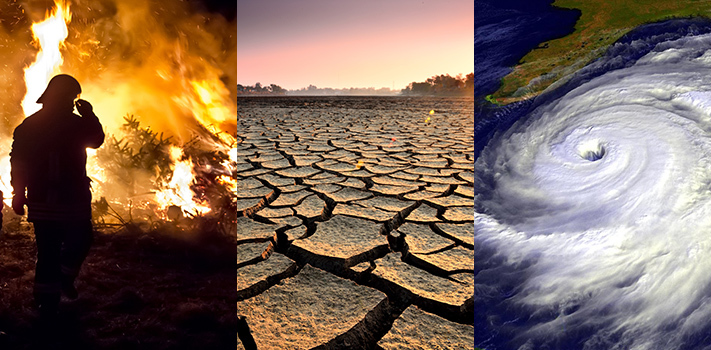Ghana needs an estimated $9-14 billion to implement its climate action plan as communicated in the country’s nationally determined contributions (NDCs), a climate action plan to cut emissions and adapt to climate impacts.
For this reason, there’s a call on local banks for cheap financing--low interest rates-- to ease onlending to green businesses who do not have the capacity to access core financing from the major climate funds.
To understand the climate finance landscape in Ghana, the Africa Centre for Energy Policy (ACEP), in partnership with Africa Policy Research Institute (APRI), a think tank based in Berlin, Germany, engaged key stakeholders, at Alisa Hotel in Accra, Ghana.
The stakeholders were drawn from government agencies, green funding agencies, banks and other organizations that are active in the climate finance landscape.
They examined the systems that underpin public finance delivery and implementation in Ghana.
They, however, called for international agencies and developed countries to redeem pledges made to support climate action in developing countries.
“The support pledged to Africa for climate finance by the world’s wealthiest economies is yet to materialize. As of 2020, only US$83 billion of the US$100 billion per annum commitment made for climate action by developed countries to developing countries had been met. Of this, only US$20 billion was provided to Africa between 2016 and 2019,” they said.
Mr Benjamin Boakye, the Executive Director at ACEP indicated that there was a need to identify the gaps and tools required to build systems to attract climate financing and discuss both internal and external approaches of generating finance, and how to use these resources to solve climate issues.
According to Dr Olumide Abimbola, Executive Director of APRI, it is important to have a very clear understanding of the experiences of Ghanaian stakeholders regarding climate finance. “We need to have an empirical analysis of the gaps, both in terms of the amount coming into the country as well as in terms of the policy priorities of the Ghanaian government”, he said.
Speaking on the challenges Ghana faces in accessing climate finance, participants highlighted the need for applicants of international climate funds such as the Green Climate Fund (GCF) and the Global Environment Facility (GEF) to build capacity in areas relevant to the management of the projects they plan to embark on.
The discussions also revealed that the lack of transparency in allocating the funds, the high demand for climate data and funding proposals, and cofinancing requirements, among other factors, make access to climate financing challenging for Ghana.
Participants believed that qualified human resource is necessary to undertake documentations to receive funding.
Representatives from the banking sector highlighted the importance of financial intermediaries towards climate financing. The discussions revealed that such intermediaries are relevant to access finance for green-focused businesses that do not have capacity to access green funds from major funding sources.
Stakeholders from the government agencies also reiterated the need for developed countries to redeem their commitment to provide finance towards climate actions. This was particularly important as Ghana needs adequate funding to meet its climate action targets it has highlighted in its revised Nationally Determined Contributions (NDCs) under the Paris Agreement.





